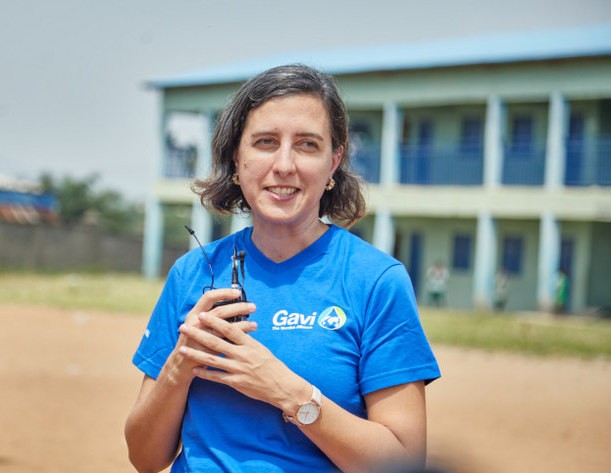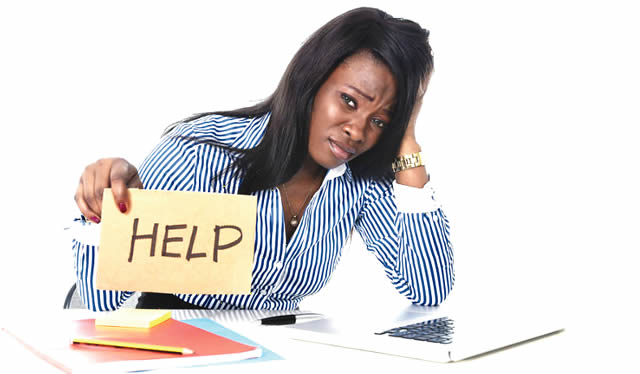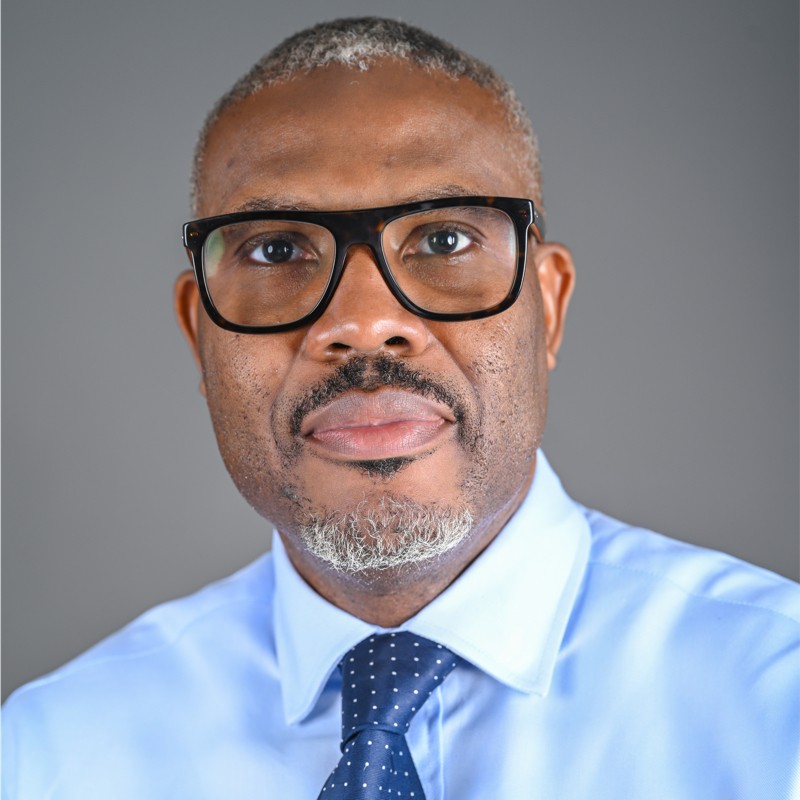Claim HPV vaccine causes infertility in women false – Public health expert
Public health specialist and the Head of the Human Papillomavirus Programme at Gavi, the Vaccine Alliance, Emily Kobayashi, talks to LARA ADEJORO about the safety and efficacy of the human papillomavirus vaccine
Can you provide an overview of the human papillomavirus and the diseases it can cause?
Human papillomavirus is the name of a very common group of viruses and they have been associated with several different illnesses, including genital warts as well as cancers, including cervical, anal, vaginal, vulvar, penile, and throat cancers.
How does cervical cancer impact Nigerian women?
Cervical cancer is the cancer of the cervix. It tends to affect women aged 35 to 55. It is a very painful and difficult cancer. HPV infects cells in the cervix, which is the lower part of the womb, and changes the way that they communicate with each other and the way they replicate; in some people the infected cells multiply in an uncontrolled manner, leading to cancer. To be effectively treated, it requires a combination of medications, treatment with radiotherapy, and surgery, and it is often fatal. It is estimated that 8,000 Nigerian women die yearly and it is the second most common cancer in women in Nigeria. It is a very common cancer; it is a horrible condition. I am inspired by the survival of cervical cancer in Nigerian women who share their stories and their struggles and we have to prevent this illness. With the HPV vaccine becoming available, everybody has the opportunity to prevent this illness in the future.
What is the significance of the HPV vaccine in preventing HPV-related diseases?
The HPV vaccine has been shown to be 90 per cent effective in preventing cervical cancer, and this also has a herd immunity effect, which means that even people who have not been vaccinated can be protected by the fact that others have been vaccinated. In countries that have introduced the HPV vaccine, what they have seen is that for the girls and boys who have received the vaccine, the rate of HPV has gone down to definitely 90 per cent or more, and what they have also seen is that the rate of HPV in people of the same age who did not receive the vaccine has gone down by 60 per cent or 70 per cent; that is the protective effect of herd immunity.
How does the HPV vaccine protect against HPV?
The HPV vaccine works by stimulating the body’s immune system to produce antibodies against the HPV. So when a person receives the vaccine, the person’s immune system identifies the viral proteins in the vaccine and produces a response that protects against HPV infections.
How has the public perception of the HPV vaccine evolved over the years, and what are the key factors influencing its acceptance and use?
The important thing to understand is that the HPV vaccine is widely used around the world. It was introduced in 2006, and over 125 countries have adopted it and delivered it routinely in the health systems, and over time, there have been different rumours, myths, and misconceptions that have been associated with the vaccine, but the evidence that we have is that the vaccine is safe, it is effective and it is preventing HPV, and associated illnesses.
What age groups are recommended for receiving the HPV vaccine, and why is the timing of vaccination important?
Evidence has shown us that the vaccine is most effective when it is delivered before sexual initiation and before exposure to the HPV. So, the age group that is recommended is nine to 14 and the focus is on girls because of the protective effect against cervical cancer, which is a very common cancer. Cervical cancer is the second most common cancer among Nigerian women and the second most common cancer death among women between 15 and 44 years of age.
Are you also considering targeting those above the age of 14, especially those who cannot afford it?
The nine-to-14 age range is recommended by the World Health Organisation, so that is what Gavi supports. Governments in other places have chosen to vaccinate a wider age range depending on their situations and the government of Nigeria is focusing on this high-impact group. People of older ages are also eligible to receive the vaccine if they would like to access it through the private sector, but right now we are focusing on the girls aged nine to 14 because of the WHO recommendation.
Nigeria approved the Gardasil vaccine. Can you explain the differences among the various HPV vaccines available?
The WHO has prequalified three vaccines: the Gardasil, the Cervarix, and the Cecolin. The three vaccines are of high quality and protect against the types of HPV that cause cervical cancer. The Gardasil vaccine is produced by Merck, and it covers four types of HPV – two types of HPV that are associated with genital warts, and two types of HPV that are associated with cervical cancer.
How effective is the single dose of the vaccine approved by the Federal Government for the girls against HPV?
In 2022, the WHO convened its Strategic Advisory Group of Experts on Immunisation and they reviewed some clinical studies, and what they found from the studies is very strong evidence that a single-dose vaccine confers over 95 per cent of protection. With this evidence, they said countries can choose either a single or two-dose regimen and be assured of the protection of girls who receive the single dose.
Was the vaccine provided to Nigeria for free or was it subsidised?
The vaccine is partially co-financed by the government of Nigeria and it is based on Gavi’s funding guidelines and policies, so the government of Nigeria when they applied to Gavi for support, they accepted to pay their portion of co-financing the vaccine. Gavi has been a long-standing partner of Nigeria having worked together for over 20 years to improve access to vaccines for millions of the most vulnerable children. We have made tremendous progress together, and we are happy with the progress and achievements. The partnership has fostered significant progress towards increasing immunisation coverage, reducing the number of zero-dose children, and working towards a sustainable immunisation programme in Nigeria.







